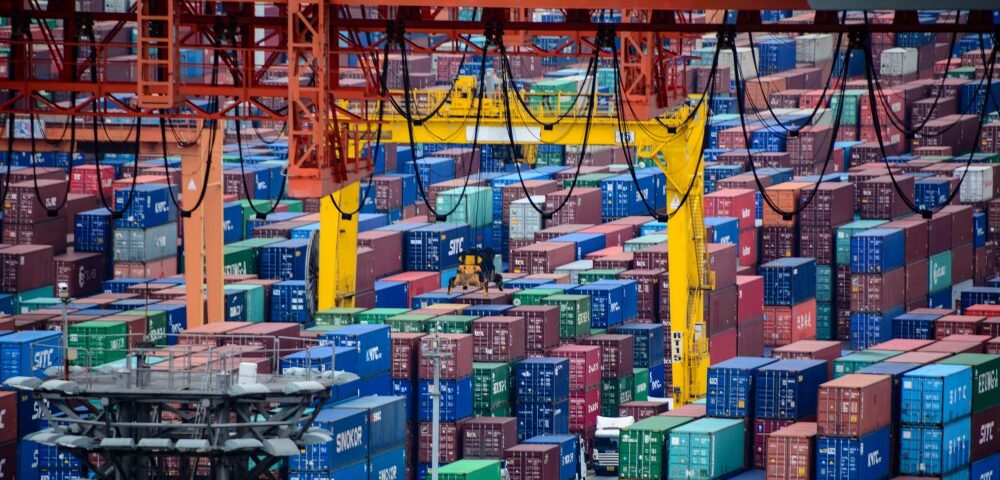Investments in infrastructure outside the EU and its impact on trade flows and existing capacities; the strengths and weaknesses of the existing EU infrastructure network; opportunities deriving from connections to non-EU networks; EU requests from neighbouring and non-EU countries before committing to common projects; and the impact of One-Belt-One-Road (OBOR) on the existing TEN-T network, were all among the issues that PortEconomics co-director Theo Notteboom put forward during his keynote speech at the Second Annual Stakeholders’ conference of the Federation of European Private Port Operators (FEPORT).
The conference was held on December 8th in Brussels and focused on the theme of ‘Objective : Seamless, Sustainable and Resilient logistics chains in Europe‘.
Theo gave emphasis on the global transport connectivity focusing on the OBOR, with the main considerations being the relation to how the EU can benefit from the initiative, how TEN-T and OBOR can be better coordinated and how in more general terms the EU can and should deal with the Chinese policy makers on these issues.
Download (following free registration) Theo’s presentation here.













